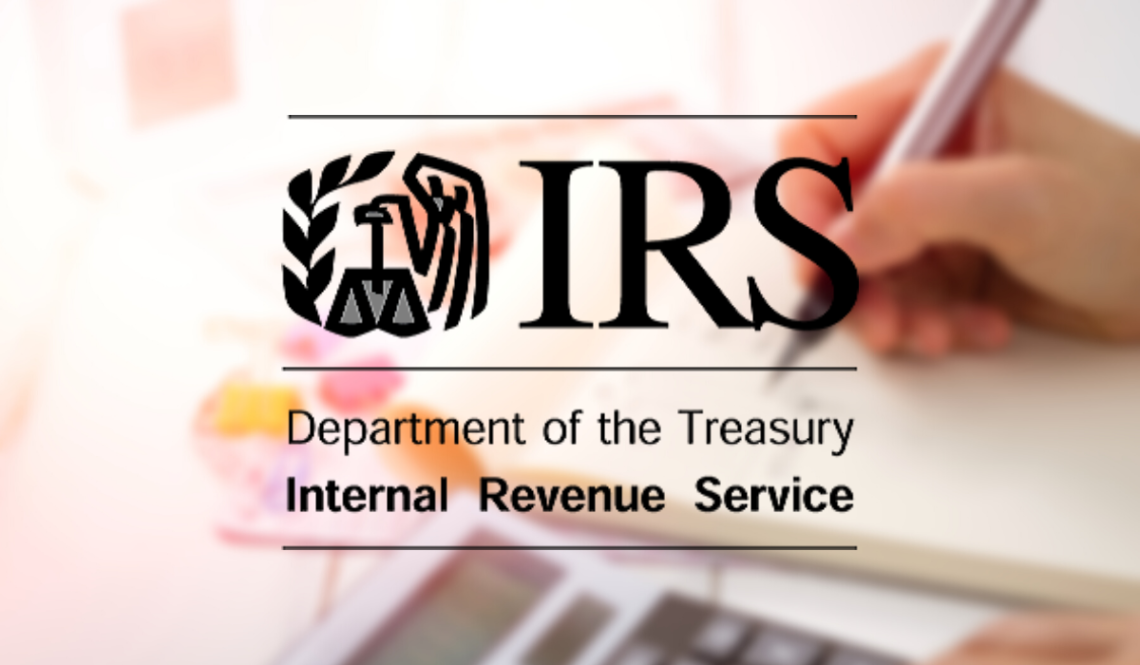- IRS will set the tax guidelines to commemorate the launch
- Taxing of tokens as they are created would slow down the adoption of the new proof-of-stake system
After the recently successful launch of Ethereum 2.0, doubts still remain as to how the IRS will set the tax guidelines to commemorate the launch. Having moved from a proof-of-work system to a more accessible proof-of-stake system, the method for collecting ETH has essentially been changed and this would require the IRS to change its current rules and regulations as well.
While the older system, proof-of-work, wholly depended on raw computational power. The new system, proof-of-stake requires individuals or companies to stake 32 ETH which makes them validators who can essentially allows them to verify transactions and add more data to the blockchain. Head of tax and regulatory affairs for Lukka, Roger Brown stated that current regulations can be used as a point of reference to create a guideline for the new system. With the IRS having set no guidelines whatsoever for validators, this could be quick solution at least for the short term. Brown believes the ETH that community members had deposited into the Ethereum 2.0 contract for kickstarting its launch is the one thing that will not be taxed. Although it is believed that the ETH earned by validators after the fact is very much taxable, a lot like how mined Bitcoin is taxable. Brown believes that the ETH earned by the new system will be taxed as any other regular income tax unless the existing token were divided, or the rewards earned by the validators can be diluted.
The four heads of the Congressional Blockchain Caucus recently wrote a letter to the IRS which requested that ETH that has been earned from the proof-of-stake system be taxed only after they are sole rather than when the validators earn them. This came after Evan Weiss, who is the president and co-founder of the Proof of Stake Alliance (POSA), after constant lobbying efforts by the group. Weiss believes that treating the tokens created during the validation process as an income source “would be a compliance nightmare for both the IRS and taxpayers alike.”
A recent report from Abraham Sutherland, a professor at the University of Virginia School of Law stated that the taxing of tokens as they are created would slow down the adoption of the new proof-of-work system. Weiss identified this report as another argument towards his argument. Other prominent members reiterated Weiss’ beliefs, one of them being Shehan Chandrasekara who is the head of tax strategy at CoinTracker. He believes in taxing the tokens that have been earned by the validators but as to when they should be taxed, is not at the time of getting created or receiving money rather when assets are sold. According to a recent blogpost by him, if ETH 1 and ETH 2 are defined as two separate entities, conversion between them may be taxable.
However the IRS decide to go about setting these guidelines may define the future of Ethereum 2.0 and its validity as well as how widely it is adopted and how well it is received.
Join The Coin Republic’s Telegram Channel for more information related to CRYPTOCURRENCY NEWS and predication.

With a background in journalism, Ritika Sharma has worked with many reputed media firms focusing on general news such as politics and crime. She joined The Coin Republic as a reporter for crypto, and found a great passion for cryptocurrency, Web3, NFTs and other digital assets. She spends a lot of time researching and delving deeper into these concepts around the clock, and is a strong advocate for women in STEM.


 Home
Home News
News









